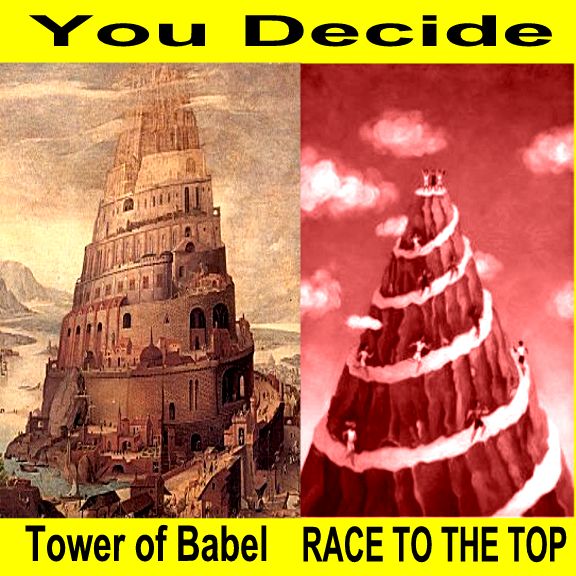EDUCATION REFORM: THE TOWER OF BABEL
The story of the Tower of Babel, as recounted in the Book of Genesis, is a tale about a group of people who attempt to build a tower that reaches the heavens. However, their efforts are thwarted when God confuses their language, causing them to no longer understand each other and making it impossible for them to complete the tower.
While this story has been interpreted in many ways, one possible lesson that can be drawn from it is the importance of communication and language in achieving our goals. In particular, the story can be seen as a cautionary tale about the dangers of losing a shared language and the ability to communicate effectively.
In the context of education reform, this lesson can be applied in several ways. First, it highlights the importance of ensuring that all students have access to high-quality language education. This includes not only instruction in basic literacy and communication skills but also in more advanced topics such as critical thinking, reasoning, and persuasion.
Second, the story of the Tower of Babel suggests that diversity can be a strength, but only if we are able to communicate effectively across different cultures and languages. This means that efforts to promote multiculturalism and diversity in schools must also be accompanied by an emphasis on language learning and communication skills.
Finally, the story of the Tower of Babel underscores the importance of collaboration and teamwork in achieving complex goals. Education reform efforts should therefore focus on developing students' abilities to work effectively in teams, to communicate clearly and respectfully with others, and to appreciate the diverse perspectives and experiences that different people bring to the table.
In summary, the story of the Tower of Babel offers several important lessons for education reform, including the importance of language education, the value of diversity and communication across cultures, and the need for collaboration and teamwork to achieve complex goals.
CHATGPT


